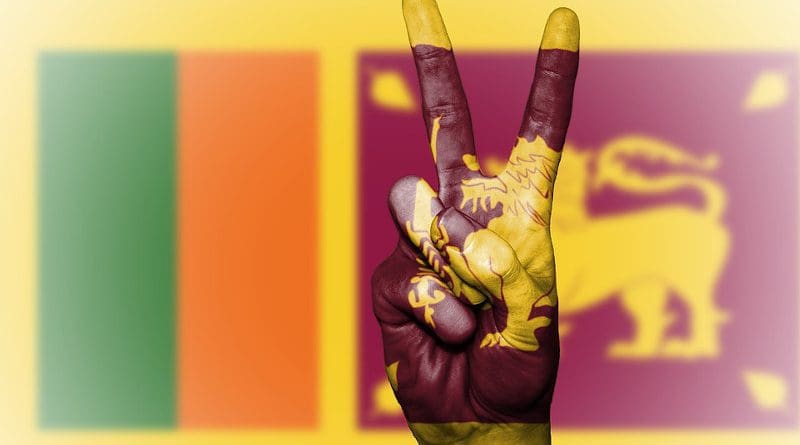Sri Lanka On Verge Of Becoming Failed State, Say Bishops
By UCA News
(UCA News) — Catholic bishops have called for unity among politicians to save Sri Lanka from becoming a failed state.
Bishop Winston S. Fernando, president of the Bishops’ Conference of Sri Lanka, said successive governments were responsible to varying degrees for the present state of affairs.
“The country is fast approaching the precipice of a failed state that will in its wake inflict irreversible injuries on the people,” the prelate said in a statement on behalf of bishops.
The South Asian nation of 22 million people is facing its worst economic crisis since independence from Britain in 1948 after its foreign reserves hit a record low.
The dollar shortage has caused power shortages affecting all sectors while skyrocketing prices of essential goods have disrupted life across the country.
Bishops have urged all Catholic institutions, parishes and private institutions as well as men and women of goodwill to organize assistance to help those severely affected by the economic crisis.
“The rulers are under obligation to serve all the citizens by putting the country first and not act out of political expediency but principle,” said Bishop Fernando.
“What the country needs is an immediate solution to remedy the critical situation and to work on short-term and long-term solutions to put the country on a solid foundation of sustainable development.”
Sri Lanka needs nearly US$7 billion to service its external debt this year.
Thousands of people gathered near the private residence of President Gotabaya Rajapaksa on March 31 to protest against rising prices and demand his resignation. The police fired tear gas and imposed a curfew for a few hours. Nearly 50 people were injured.
There were strict roadblocks and the police and army were deployed to prevent protesters entering the president’s house.
The crisis has caused massive public anger, with people unable to find gas for cooking, medicines, fuel and basic items of food such as milk powder because the country has run out of foreign currency to pay for imported goods.
Hundreds of people chanted for Rajapaksa and the entire cabinet to resign over the crisis. Videos circulating on social media showed protesters shouting “Lunatic go home”.
With no air conditioners or fans, people are sweltering during the 10-12 hour power cuts. The government does not have the money to pay for the fuel needed by power plants.
People with serious medical conditions are struggling to find medicines and hospitals have cancelled operations as they have no diesel to operate generators during blackouts.
The government has switched off street lighting to save electricity. Mobile phones have been affected because the standby generators used at the phone base stations have run out of diesel.
The government’s decision to adopt organic farming last year turned out to be disastrous. The ban on all chemical fertilizers led to a surge in prices and food shortages. Although the policy was partially reversed later, the damage had been done
Activist Nuwani De Silva said people have to queue from morning until evening to buy essential items.
“How do we manage our daily work with a 12-hour power cut? People are in an aggressive mood everywhere in the country,” she said. “Wherever government ministers are seen on streets, the public protest against them.”
Cardinal Malcolm Ranjith of Colombo recently called for a national transformation to tackle the crisis.
“The country today is in a hopeless situation and it is the result of a series of wrong choices made not only by politicians but also by citizens who have allowed themselves to be exploited by the political and cultural forces that handed down our destiny,” Cardinal Ranjith said at Colombo’s Anglican Cathedral on March 27.

